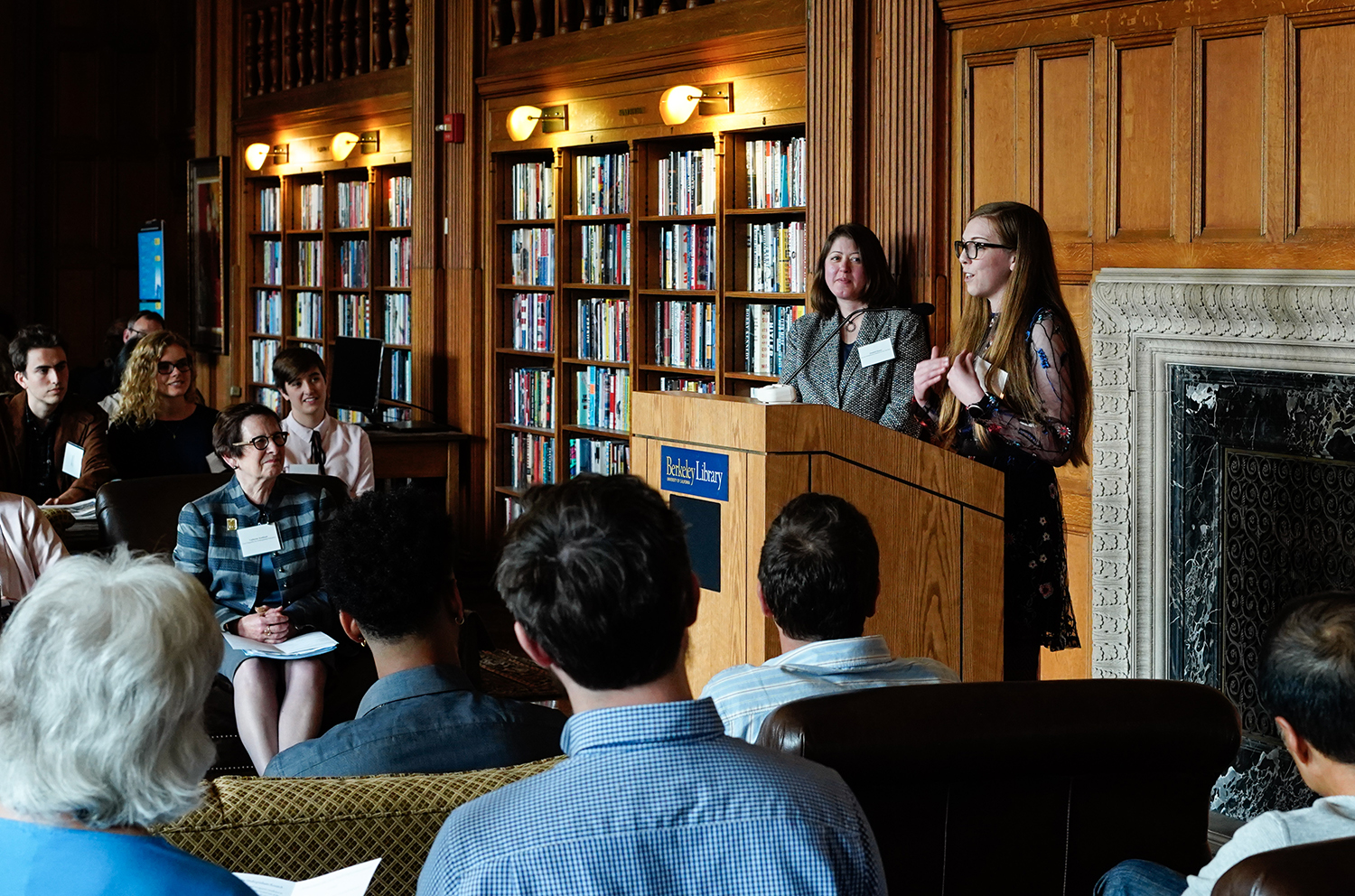
Each year, the Charlene Conrad Liebau Library Prize for Undergraduate Research honors a group of students who have demonstrated excellence in Library research — including unusually deep dives into the collections and the ability to turn mere documents into revelation. This year, students uprooted theories about early female printers, challenged discriminatory rulings in sports, cast new light on conservatism in education, and more. Read about the winning projects below.
Lindsey Chung
Lower Division winner
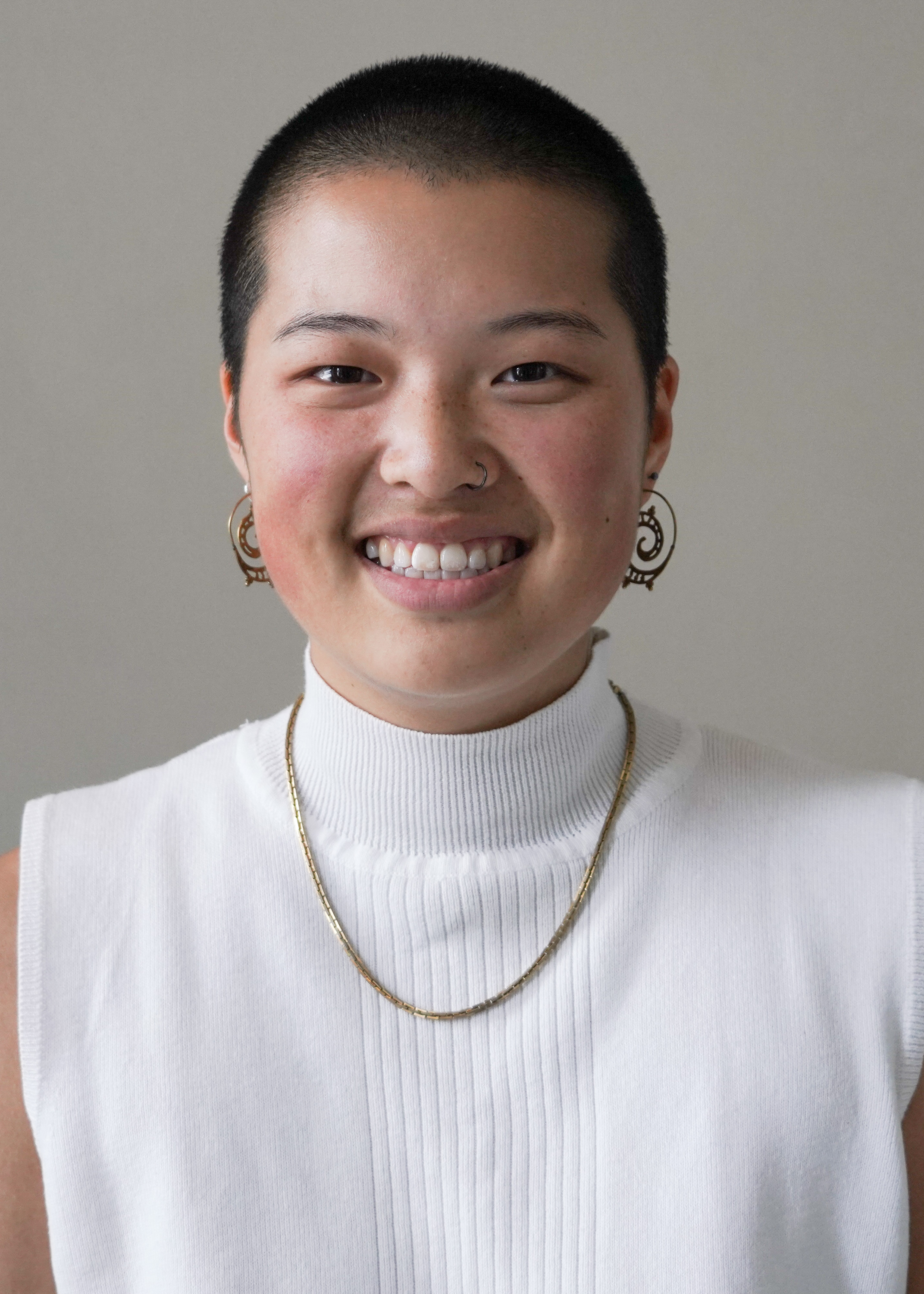
To start, Lindsey Chung had to dispel some fake news. In “Run Like a Girl,” Lindsey Chung looks at the 2018 ruling of the International Association of Athletics Federations, or IAAF, to require female athletes with high levels of testosterone to take hormonal treatments. The IAAF stated there is “scientific consensus” that high levels of testosterone significantly enhance performance — citing a study led by an IAAF employee. But that’s not quite what the study says, writes Chung. The paper discusses the case of Caster Semenya, an Olympic champion from South Africa. Chung argues the rule discriminates against athletes from the Global South, holding women’s bodies to a “narrow definition of femininity” more prevalent in the West.
Katherine Zhao
Lower Division winner
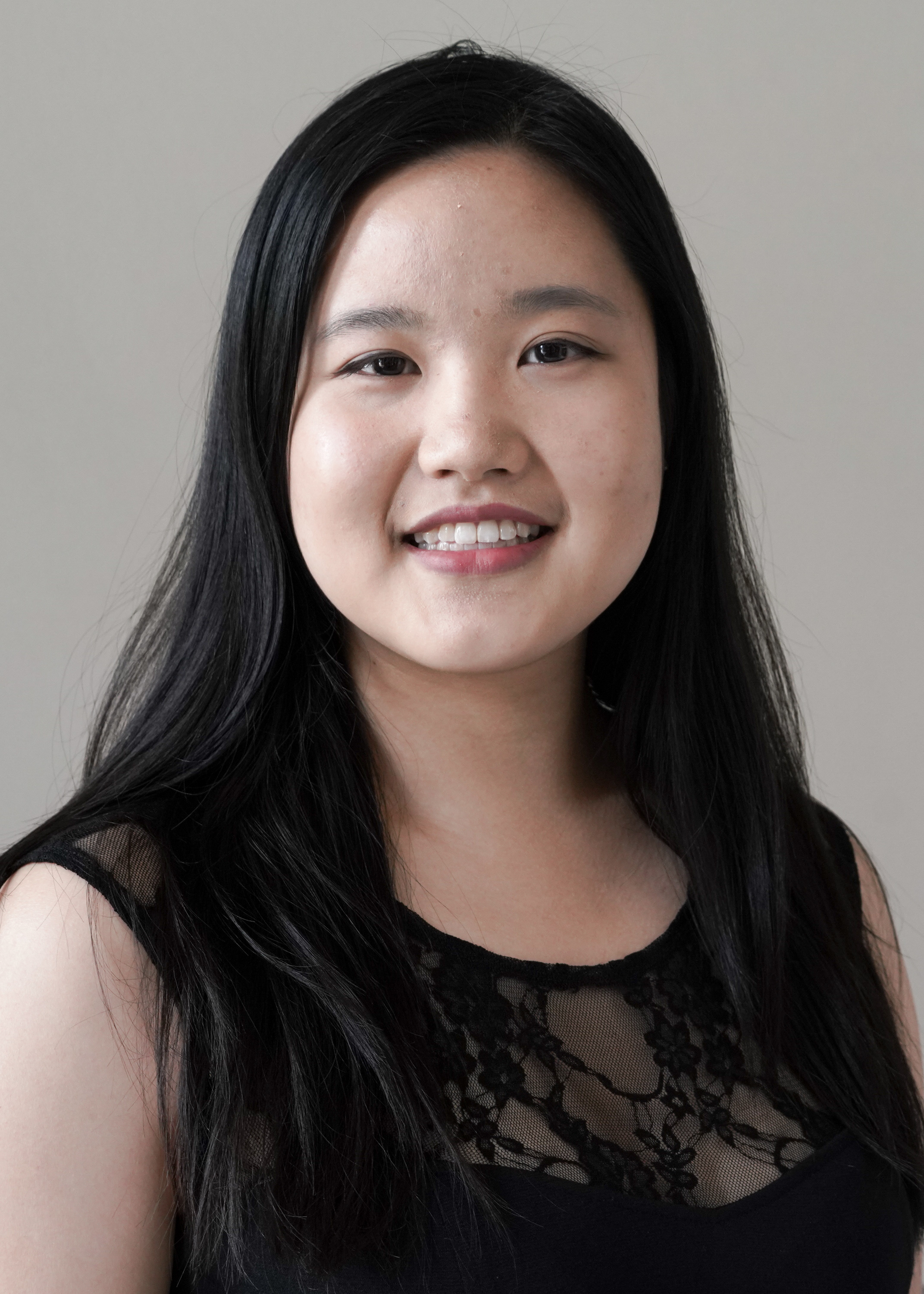
Yes, irony is a liberating force in Søren Kierkegaard’s The Seducer’s Diary. But how useful is that liberty to the story’s female character, Cordelia? In the paper “The Invalidation of the Female Ironist in Kierkegaard’s The Seducer’s Diary,” Katherine Zhao explores the social conditions of women living through the Danish Golden Age, and how wealth and gender disparities keep a female ironist from reaching the same heights as a male. Throughout her research and writing, Zhao took many turns, shifting her thesis and consulting the Library for new sources. “Embracing the Library’s collections was like meeting an old friend,” Zhao says.
Emma Bianco
Upper Division winner
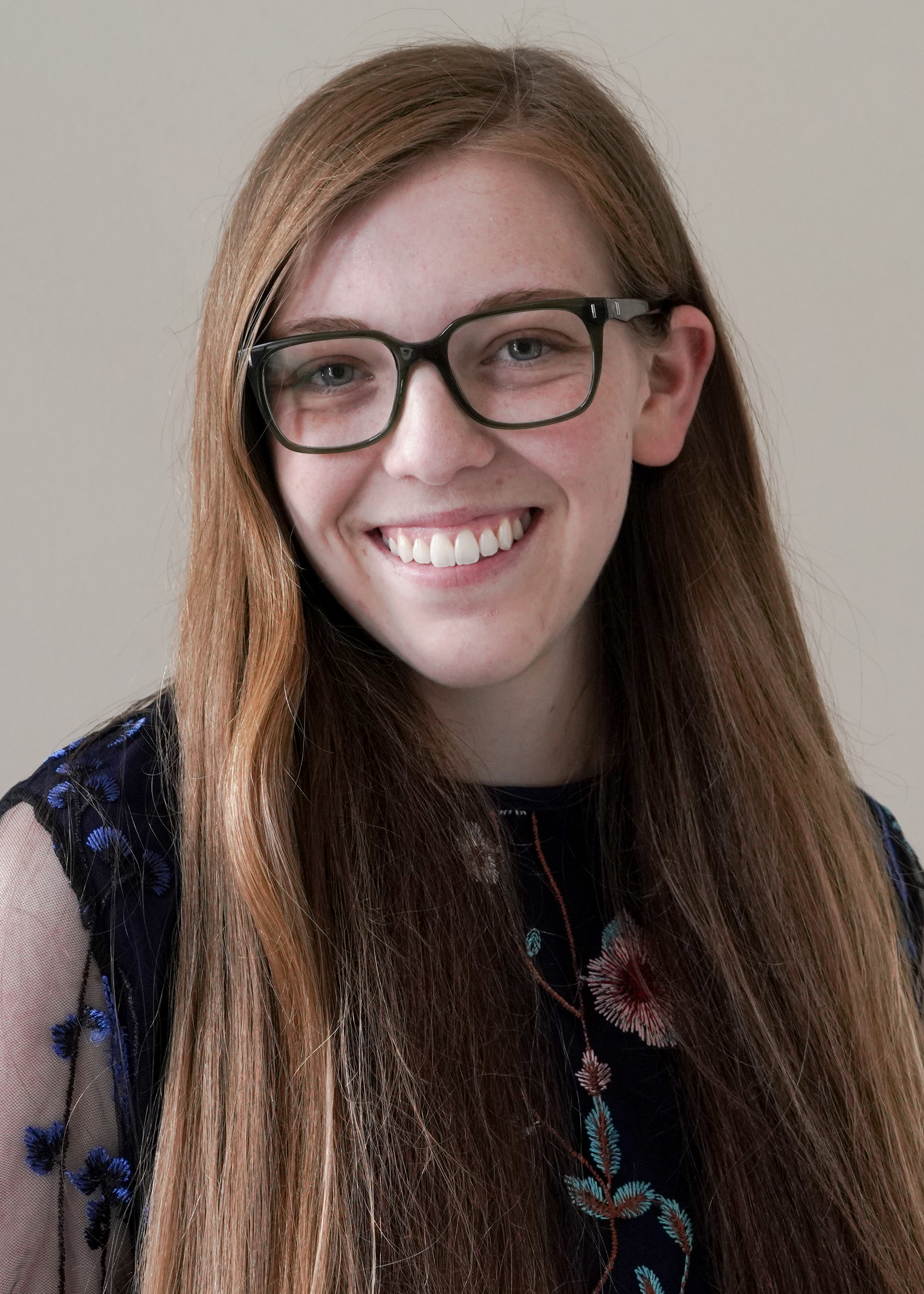
While researching her thesis, Emma Bianco pored over more than 350 sources — and used about a fourth of them. “This did not show my failure, but the importance of retaining flexibility,” she says. Her project “Politics, America, and Sex: What Could Go Wrong?” investigates how right-wing ideologies influenced K-12 education in Orange County in the 1960s. Using newspaper archives and educational policy materials, Bianco found that right-wing groups had attempted to ban “anti-American” social studies textbooks that encouraged civic protest against the country’s injustices. While that effort was unsuccessful, the right was able to nearly abolish sex education, citing its threat to students’ moral principles.
Claire Danna
Upper Division winner
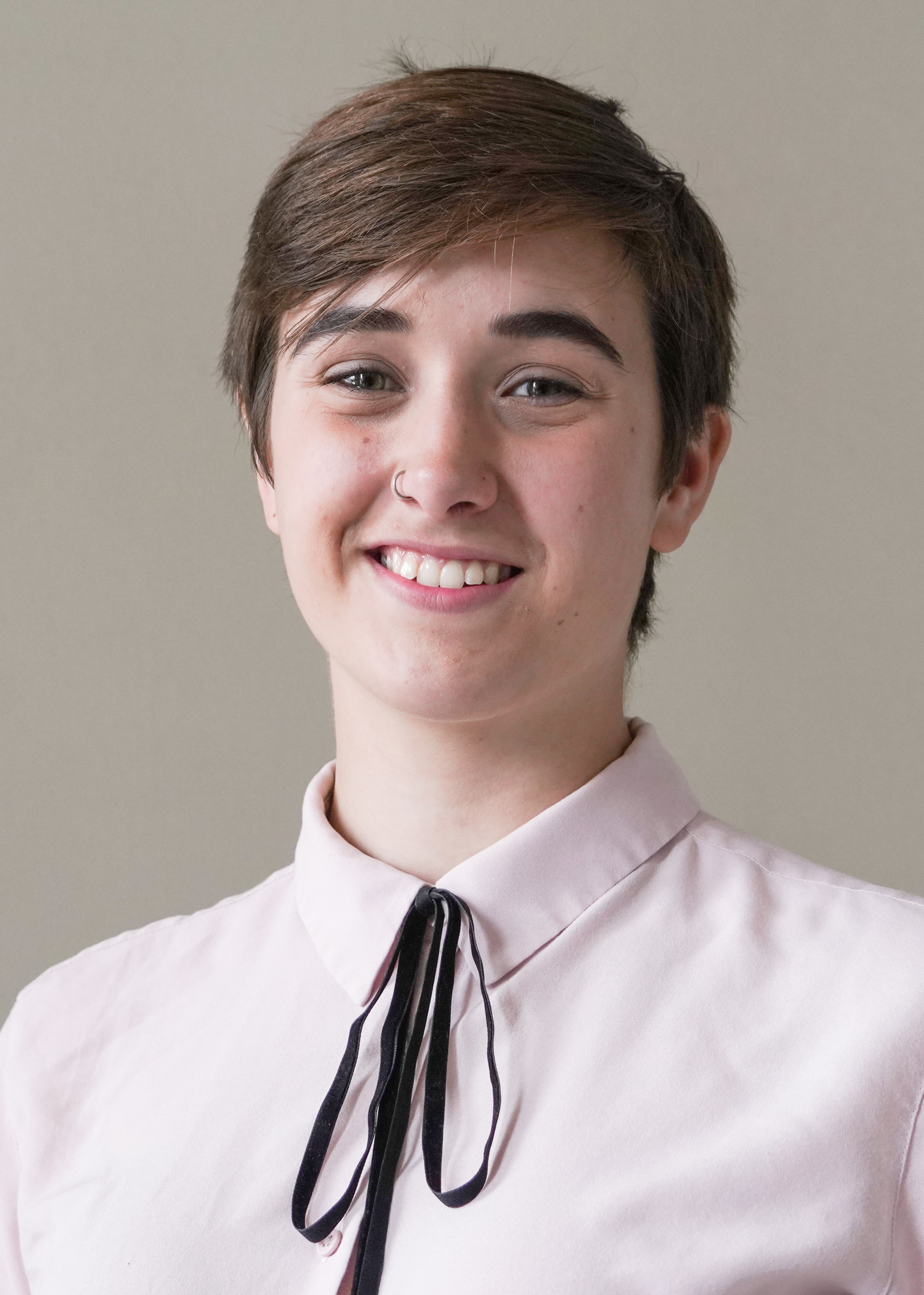
Claire Danna stumbled on the topic for her thesis, “‘And as to my own Sex,’” by happenstance. She had been flipping through old books when something caught her eye: the words “Printed by” followed by — for the first time — a woman’s name. “Just like that, I had a topic,” Danna says. She devoured books on printing in Main Stacks and tracked down works from 16th-century female printers in Dublin, Ireland. She also examined the work of early female printers in The Bancroft Library. Ultimately, she found stylistic patterns that point to an “early feminist vocabulary” deployed by a network of female stationers at the time.
James Kennerly
Upper Division winner

James Kennerly began with the ultimate challenge: conduct ethnographic research involving no human interaction. Instead, Kennerly made the Library his field site. His paper explores the concept of othering through language and art — focusing on how the ruling Han Chinese depicted the Yi minority of Liangshan as second-class citizens lacking Confucian ideals. For the project, titled “‘I Gave my Dreams to Liangshan,’” Kennerly dove into the C. V. Starr East Asian Library’s collections, reviewing 16th-century Chinese woodcuts, propaganda comic books, and more. “The project taught me how to build a personal connection to the archive,” Kennerly says, “(and) how to form bonds with people who are only found in the pages of string-bound volumes.”
Harriet Steele
Upper Division winner
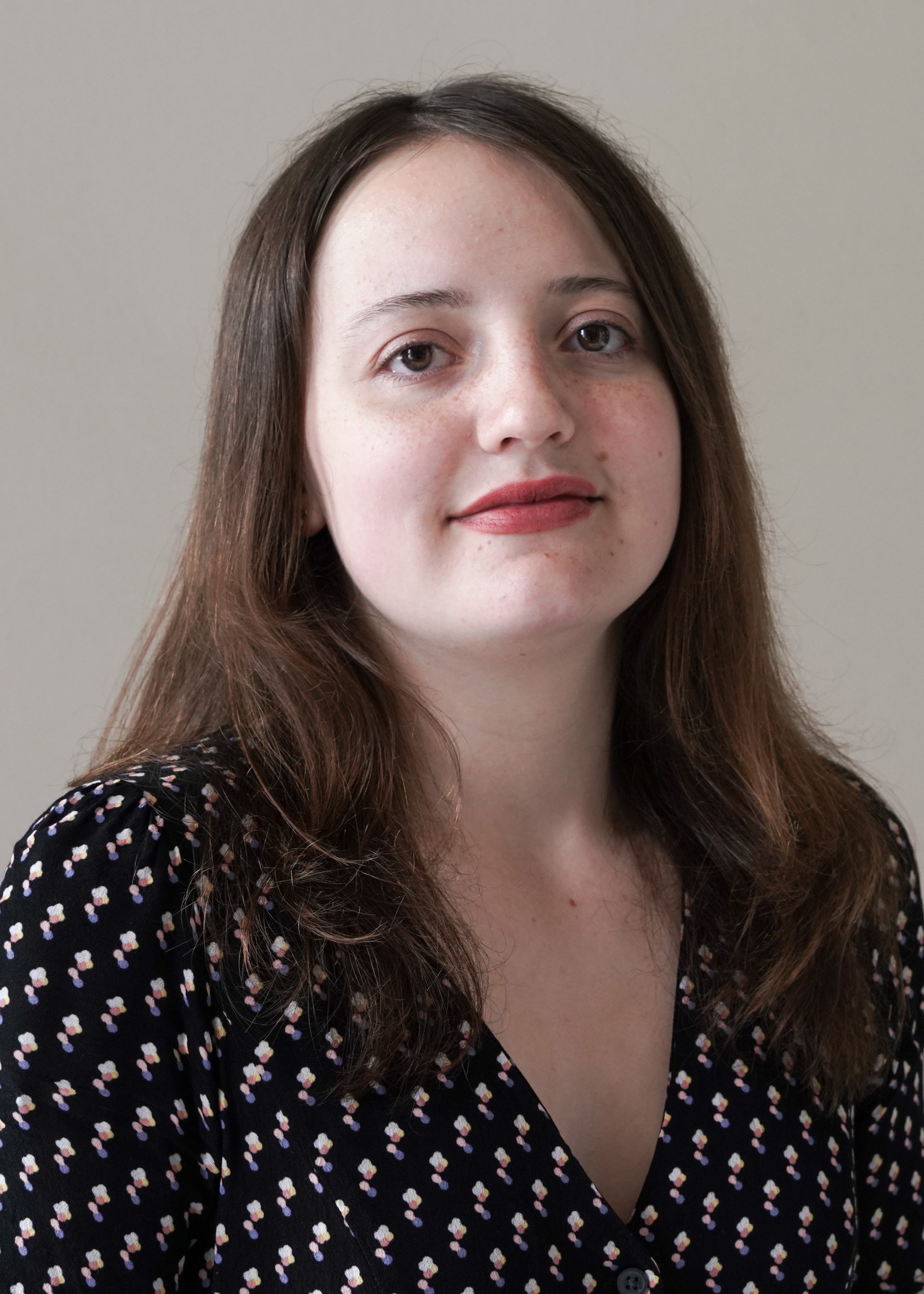
In December 1948, the United Nations adopted a convention banning all acts of genocide, defined as “acts committed with intent to destroy … a national, ethnical, racial or religious group.” The United States did not join the convention until the Senate ratified it 40 years later. Why the wait? “Opponents of ratification viewed the Convention as … a threat to legalized white supremacy,” writes Harriet Steele in her thesis, “‘That Means Filibuster,’” based on reports, law articles, archival materials, and more. Southern congressmen needed to be assured that lynching black people did not count as genocide, Steele writes. Indeed, as an individual offense against another person — rather than a state crime against a large group — it did not.
Honorable Mentions
Erinn Wong
Lower Division
“Digital Blackface: How 21st Century Internet Language Reinforces Racism”
Amelia Mineiro
Upper Division
“La conciencia evangelizadora del Movimiento Santuario en el caso del East Bay Sanctuary Covenant (1971-1985)”
Benjamin Papadopoulos
Upper Division
“Morphological Gender Innovations in Spanish of Genderqueer Speakers”